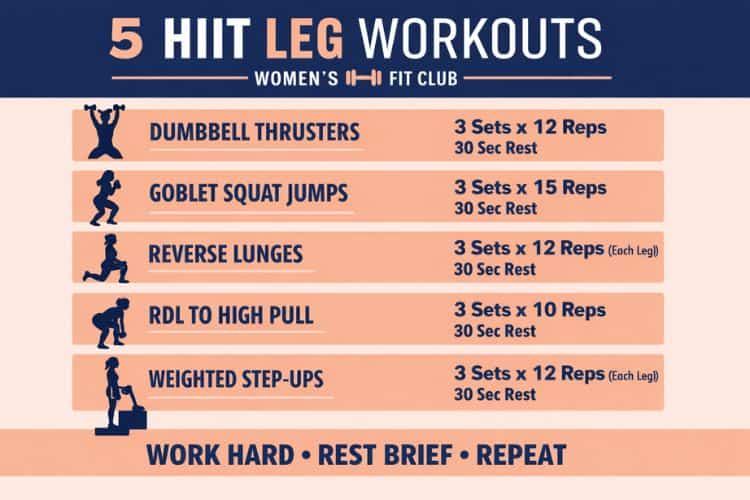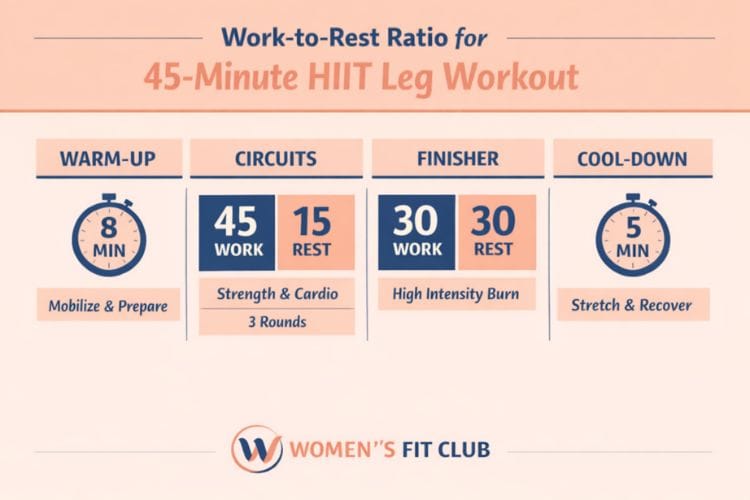Sign up for workout ideas, training advice, reviews of the latest gear and more.






Weight loss is a complex and personal journey that requires a combination of proper diet, exercise, and lifestyle changes. With so many conflicting opinions and advice, it can be difficult to figure out which foods are beneficial for weight loss. One such debated food is the humble banana. In this blog post, we will explore the role of eating bananas for weight loss and discuss the potential benefits and drawbacks of including them in your diet.
Bananas are nutrient-dense fruits that offer a variety of vitamins, minerals, and dietary fiber. A medium-sized banana contains approximately:
Bananas are rich in essential nutrients such as vitamin C, vitamin B6, potassium, and magnesium. These nutrients play crucial roles in maintaining overall health and well-being.
One of the key components of bananas that contribute to their potential weight loss benefits is dietary fiber. The 3.1 grams of dietary fiber in a medium-sized banana can help you feel fuller for longer, reducing the likelihood of overeating and unnecessary snacking. Studies have shown that increased fiber intake is associated with lower body weight and reduced risk of obesity.
Bananas have a low energy density, meaning they provide fewer calories per gram compared to other high-calorie, high-fat foods. Consuming foods with low energy density has been linked to weight loss, as they can help you feel satisfied while consuming fewer calories. This makes bananas a great snack option for individuals looking to lose weight, as they are nutritious, filling, and relatively low in calories.
Unripe or green bananas contain resistant starch, a type of carbohydrate that is not easily digested by the body. Resistant starch acts similarly to soluble fiber, slowing down digestion and promoting feelings of fullness. Some studies have found that resistant starch may boost fat burning and decrease fat storage, contributing to weight loss. However, it is important to note that as bananas ripen, the resistant starch content decreases and is replaced by sugar.
Bananas have a low to medium glycemic index (GI), depending on their ripeness. Foods with a low GI help regulate blood sugar levels and prevent sudden spikes, which can be particularly beneficial for people with diabetes. Maintaining stable blood sugar levels can help control appetite and reduce the risk of overeating, thus supporting weight loss efforts.
While bananas can be part of a healthy weight loss diet, it is crucial to practice portion control and mindful eating. Consuming large quantities of any food, even healthy ones like bananas, can still lead to weight gain if you are consuming more calories than you burn. Aim to incorporate bananas as a part of a balanced diet, including a variety of fruits, vegetables, whole grains, lean proteins, and healthy fats.
While bananas offer numerous health benefits, they may not be suitable for everyone. People with specific dietary restrictions, such as those following a low-carb or ketogenic diet, may need to limit their banana intake due to the fruit’s relatively high carbohydrate content. Additionally, individuals with a known allergy to bananas should avoid them altogether.
Bananas can be a nutritious and satisfying addition to a weight loss diet, thanks to their fiber content, low energy density, and blood sugar regulating properties. However, it is essential to consume them in moderation and as part of a balanced diet to reap their benefits without compromising your weight loss goals. Keep in mind that no single food can guarantee weight loss, and it is essential to adopt a holistic approach that includes a healthy diet, regular physical activity, and a positive mindset. In conclusion, bananas can be a valuable addition to your weight loss journey when consumed mindfully and in appropriate portions.
Stay up to date on the latest women’s health, fitness and lifestyle trends and tips.